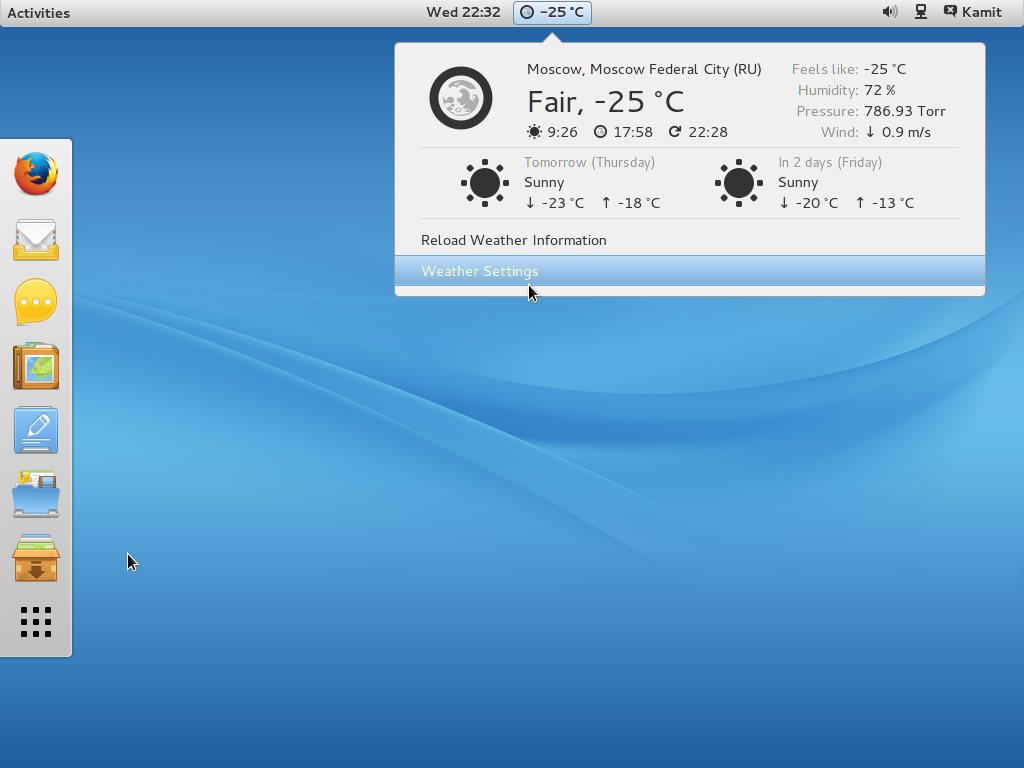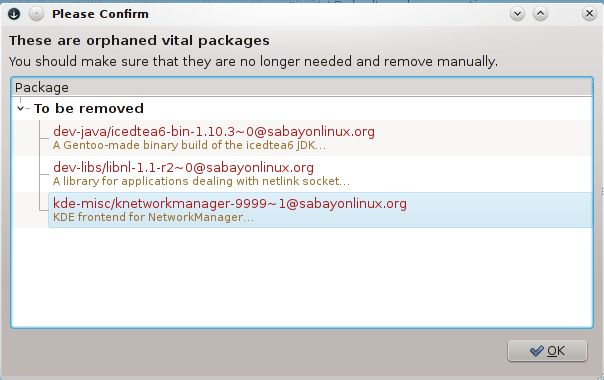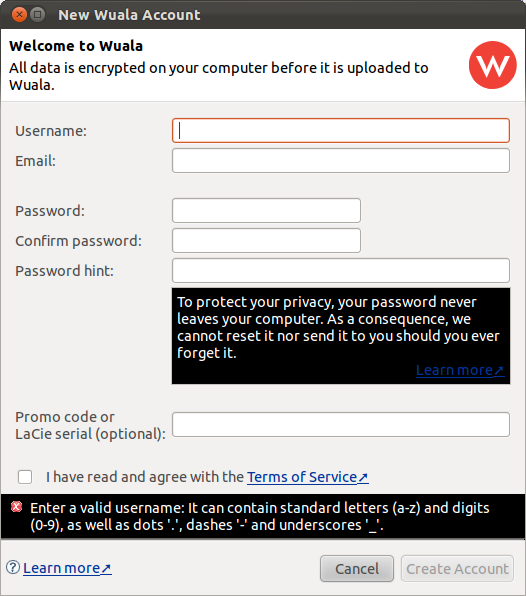These days, everybody is talking about cloud computing, and many people use it in one form or the other. But popular cloud computing services are provided by a third party, which means that you store you data on a server somewhere, so that you can access it any time, from anywhere. But there are cloud applications that any person can use to host their own private cloud, from their home.
OwnCloud is one such application. With OwnCloud, you can build a cloud computing service on your server, in your basement, that you can access from anywhere. Unlike public cloud services, private cloud applications like OwnCloud require messing with configuration files and your router or other network device. That is where PageKite comes in handy, to simplify the setup.
PageKite is a “system for connecting your localhost servers to the public Internet, giving them names and making them globally accessible.” PageKite reduces the task of setting up an OwnCloud-powered cloud service to a simple, 3-step process.
Ok, but why should you have to worry about Verizon? You should not – If you do not use Verizon’s broadband or high speed Internet services. However, if you do, and you run OwnCloud and PageKite or any other server, you are likely to violate Verizon’s Internet Access Terms of Service.
What parts of the Terms of Service (TOS) could land you in trouble? Section 4.3, under “Restrictions on Use,” states in part that:
…
You also may not exceed the bandwidth usage limitations that Verizon may establish from time to time for the Service, or use the Service to host any type of server. Violation of this section may result in bandwidth restrictions on your Service or suspension or termination of your Service.
Further down, Section 9.1.3 of that document explains in some detail what can happen if you run afoul of the agreement. It states, in part, that:
Verizon reserves the right to change, limit, terminate, modify or temporarily or permanently cease providing the Service or any part of it with or without prior notice if we elect to change the Service or a part thereof or if you violate the terms of this Agreement. If Verizon terminates your Service under this Section 9.1.3, you must immediately stop using the Service and you will be responsible for the applicable fees and/or Equipment charges set forth in Sections 8.4, 9.1.1, or 9.1.2. If the termination is a result of violation by you of the terms of this Agreement, you also shall be liable to pay the ETF.
To sum, if you are a Verizon Internet service customer, you are not allowed to run a server that you can access from the Internet. Whether that makes sense, or whether it is fair or not, is another discussion.








Use the Business Tier service with at least one fixed IP. It’s slightly more expensive (not enough to really worry about if you’re doing this sort of stuff), it’s typically on a different frequency set and backhaul from the consumer accounts, and it doesn’t HAVE these restrictions.
Problem solved.
Unfortunately, many programs these days act as servers, so that policy is a bit difficult to enforce in practice. PageKite and OwnCloud might be more obvious examples (because they actively identify themselves as servers). However that’s an incredibly common behavior: your computer acts as a BitTorrent server (BitTorrent!!) when World of Warcraft updates itself, or when chatting on Skype (though Skype isn’t BT, IIRC).
The business tier offering shouldn’t have these restrictions (except on cellular devices) and they give you a bigger upload pipe to boot.